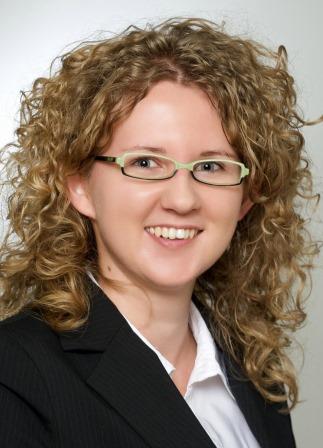esi: Who are you, what do you do and what makes you an expert on your start-upcountry?
Nina: Being part of the start-up scene in Central Europe for a long time now, one thing struck us: the massive gap between the number of talented entrepreneurs in our region on the one side and the money available to fund their start-ups, on the other. So, we did what entrepreneurs do: create. We created a business angel fund called Speedinvest. We created a new fund model because we strongly believe we can improve on old models of start-up finance. In Austria, we are active for almost two decades as entrepreneurs, saw the Dotcom Boom and Bust and founded Speedinvest in 2011, since then we looked at over 1000 start-ups from all over Europe.
esi: What is cool about your start-upcountry, what inspires you and keeps you thriving?
Nina: We see evidence that the awareness of Austrian start-ups increases slowly but constantly. Various successful initiatives such as Pioneers (www.pioneers.io) and Austrian Startups (www.austrianstartups.com), as well as growing interest in the general public support our confidence that the importance of entrepreneurship will rise further in the upcoming months and years. Furthermore the early-stage support for start-ups through business angels, government grants and public institutions has improved significantly in the course of the last years. Moreover, Vienna with its proximity to Bratislava, Prague and Budapest acts more and more as a bridge between Central Europe and the uprising start-up scene in eastern countries.
esi: What makes you shake your head about your start-upcountry, what needs to be improved?
Nina: Speedinvest annually publishes the “Austrian Startup Report” in which we try to assess the current state of the Austrian ecosystem. 2013 our interviewees heavily criticized the Austrian business environment. 93% believe that social security taxes and non-wage labour costs should be lower. 83% are of the opinion that business angel investments should be tax-deductible. Further 80% feel that the outdated trade regulations should be reformed fundamentally. Moreover, 73% don’t see the value of start-ups recognized by society and 75% don’t think start-ups are valued enough by the Austrian government. 90% of the interviewees think that our society lacks a “culture of failure” and assume that the absence of a culture of failure is the biggest restraint for entrepreneurship. Even though early stage financing is constantly evolving, Series A rounds and follow-up funding led by Austrian Venture Capitalists and / or other investors are still scarce. The majority (70%) of start-ups that received funding is financed by private investors. The size of the investment is growing, but still remains clearly below international levels. According to the Austrian Startup Report 2013 one third of the start-ups interviewed had received more than 500.000 EUR in funding.
esi: What’s some cool fact we are likely not to know about your start-upcountry?
Nina: Last.fm was founded here.
esi: Thank you for the interview.
About the interviewpartner:
Nina Wöss is Research Associate at Vienna-based business angel fund Speedinvest (www.speedinvest.com) and Co-Author of the annual Austrian Startup Report.






